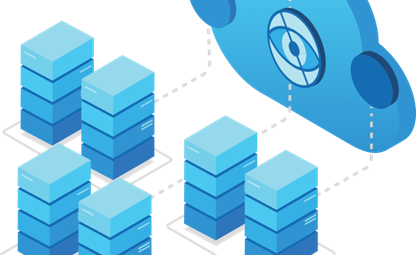15 Feb 2018
Kubernetes, OCI, and Containerisation

Kubernetes has grown into a leading tool for orchestrating containerised applications and deploying them as cloud services. In October, Docker announced it would offer Kubernetes as an alternative to its own Swarm deployment software. Microsoft gave Kubernetes a central role in its Azure Container Service. Amazon then incorporated it into its Elastic Container Service.
DevOps teams find containerisation valuable for moving software quickly through the pipeline. It provides a consistent, predictable environment. Kubernetes streamlines the deployment process with features such as service discovery, horizontal scaling, and rollbacks.
The basic unit of Kubernetes is the pod, a group of one or more closely related containers. It deploys a pod as a unit, with shared networking and storage resources. Pods are deployed to nodes, which usually correspond to physical or virtual machines.
Top cloud enterprises are adopting Kubernetes
Google developed Kubernetes and then turned it over to the Cloud Native Computing Foundation in 2015. It's fully open-source, under the Apache license. The foundation currently has over 800 corporate members. It has programs for service provider certification, certified platforms, service partners, and technology partners.
The Azure Container Service and the Google Kubernetes Engine package Kubernetes as a cloud service, simplifying its use. Kubernetes itself is a set of loosely connected components. This makes incorporating it into a software pipeline very flexible, but it requires quite a bit of work. Having it available as a tool makes deployment more straightforward.
Container standardisation
The Open Containers Initiative (OCI) will further streamline containerisation by establishing standards for container images and runtime environments. It released version 1.0 of its standards in July 2017. Up to this point, Docker has provided de facto standards, and the OCI format follows them closely. The difference is that the OCI specification is vendor-independent and will eventually be backed by certified implementations.
Containerisation provides a one-step process that avoids having to deal with differences in system configuration and conflicts with other software. The advances in Kubernetes and OCI are making the process easier than ever.
What software plans do you have for your business? Contact us to learn how we can help you achieve them.


